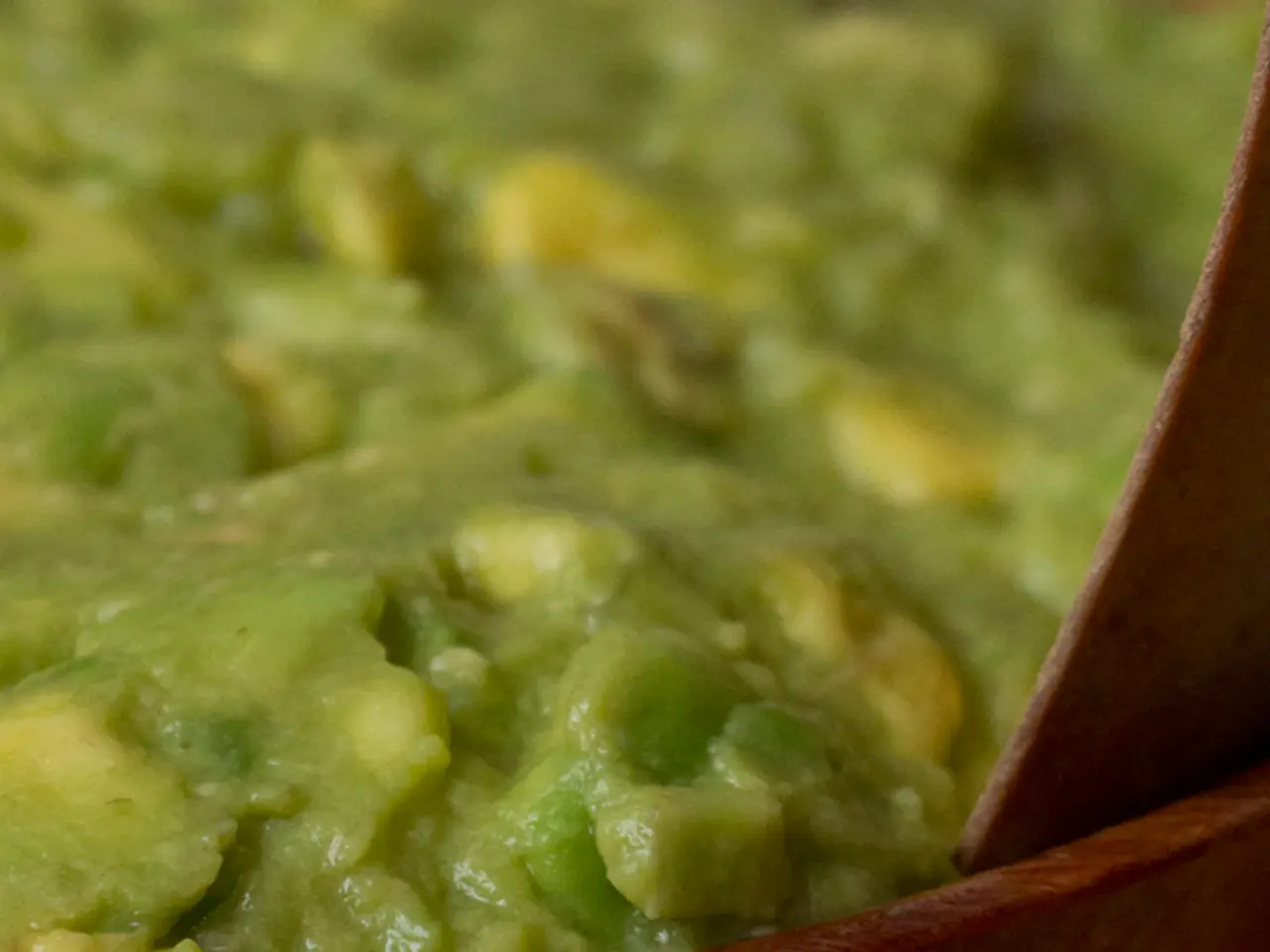Junk food may contribute to the development of lung cancer, according to a recent study, regardless of whether individuals are smokers or not.
In a groundbreaking study published in the prestigious journal Thorax, an international research team has found that consuming high amounts of ultra-processed foods (UPFs) may significantly increase the risk of developing lung cancer, particularly among non-smokers.
The study tracked over 100,000 American adults with an average age of 63 over a 12-year period. During this time, 1,706 cases of lung cancer were recorded. People who consumed the highest amounts of these foods (around three servings per day on average) had a 41% higher risk of developing lung cancer compared to those who consumed the least.
While the evidence linking UPF consumption to lung cancer risk among non-smokers is not well-established, the study adds to the growing body of evidence linking UPFs to various health risks. UPFs, which are high in sugar, saturated fat, salt, and chemical additives, contribute to obesity, cardiovascular disease, type 2 diabetes, and certain cancers such as colorectal cancer.
Dr. Hari, a thoracic radiologist at Royal Free Hospital in London, noted that one in four lung cancer cases occur in non-smokers. He underlined the importance of exploring other contributing factors beyond tobacco use in lung cancer development.
The researchers emphasized that reducing the global intake of highly processed foods could contribute to reducing the burden of lung cancer. The study's findings could have significant implications for public health policies aimed at reducing lung cancer incidence.
However, it's important to note that the study did not control for smoking intensity, a variable that could influence outcomes. Additionally, the study did not specifically examine the link between smoking intensity and the consumption of highly processed foods.
Despite the need for further research, the study's findings suggest that reducing the consumption of highly processed foods may be a potential strategy for reducing lung cancer cases, even among non-smokers. Examples of highly processed foods included in the study are ice cream, fried foods, white bread, cakes, pastries, salty snacks, instant noodles, soft drinks, sweetened fruit juices, hamburgers, hot dogs, and pizza.
In conclusion, while the direct link between UPFs and lung cancer risk in non-smokers requires further investigation, the study underscores the importance of considering dietary factors, in addition to smoking, in the prevention and management of lung cancer. Limiting UPFs remains advisable for overall long-term health due to their broad negative impacts.
The study highlights the link between ultraprocessed foods (UPFs) and various medical-conditions, including lung cancer, emphasizing that the connection with lung cancer risk, particularly among non-smokers, needs more investigation. While reducing the global intake of UPFs could potentially contribute to a decrease in lung cancer cases, it's crucial to consider their adverse effects on health-and-wellness, such as obesity, cardiovascular disease, type 2 diabetes, and certain cancers, including colorectal cancer, as well as their impact on nutrition, when making dietary choices.




